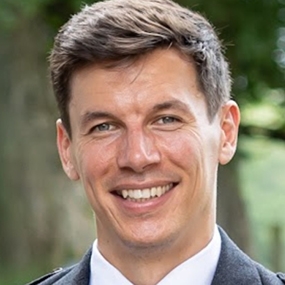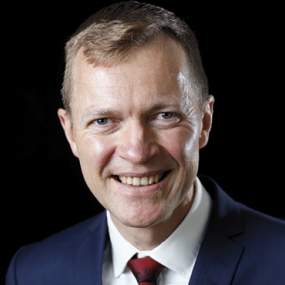NovPod - Season 2, Episode 12: Top Tips for obstetric anaesthetics beyond the IACOA
Eoin and Duncan are joined by former RCoA Vice President Dr Helgi Johannsson. Together they cover many topics in the realm of obstetric anaesthetics including the importance of communication, what makes a good obs anaesthetist and some tips and tricks for epidurals! Why should you involve the partner? How can you bring order to chaotic situations? What is on Helgi's obs playlist? Listen to find out!
References
The Novpod: a beginner's guide to obstetric anaesthesia is created, edited and co-hosted by Dr Eoin Dore, Dr Duncan Kemp and Dr Rosie Grimes. The NovPod is presented by Anaesthesia on Air, in association with the Royal College of Anaesthetists. NovPod series 2 was created in collaboration with the RCoA and Obstetric Anaesthetists’ Association.
Please note all opinions expressed in the podcast are those of the individuals appearing on the podcast and do not necessarily reflect the views of the RCoA and OAA.

Eoin graduated from UCL in 2014 and after completing foundation training in London, one particularly challenging night shift made him realise the impact that he could have on patients by pursuing a career in anaesthetics and critical care. Following this new found ambition, he began ACCS anaesthetics training in Birmingham before starting his registrar training in Thames Valley in 2021. After completing a year as Chief Registrar at the Royal Berkshire Hospital, he is now in his ST6 year at Stoke Mandeville Hospital.
Twitter: @DoreEoin

Duncan graduated from UCL in 2014. He started his anaesthetic training in North-West London and is currently an anaesthetic registrar in North Central London.
Throughout his career, Duncan has always taken a keen interest in teaching and training at both undergraduate and postgraduate level, gaining a qualification in medical education in the process.

uring Helgi's ten years as a consultant and six years as clinical director much has changed in the anaesthetic practice and in the NHS. Through coverage in the media anaesthesia is now better understood by the public, and significant credit should go to the College for their engagement with patients, the public, and particularly their support for junior doctors in recent years.
Helgi has had a keen interest in training and remains an educational supervisor despite holding a clinical director role. When interviewing for core training posts he has been constantly impressed by the calibre of candidates being recruited into anaesthesia. He continues to work on reducing the paperwork of training and making it more streamlined, giving the trainee more time to pursue their subspecialty interests without having to prolong their time in training posts. He also believes the FRCA exam needs to become more relevant to modern anaesthesia.
Helgi is a good communicator, proactive, realistic, and fiercely proud of working in the NHS and believes anaesthetists should celebrate it rather than denigrate it, and defend the care given. Helgi thinks anaesthetists should also be open to new ideas, but not allow service to be starved of funds and capacity.
